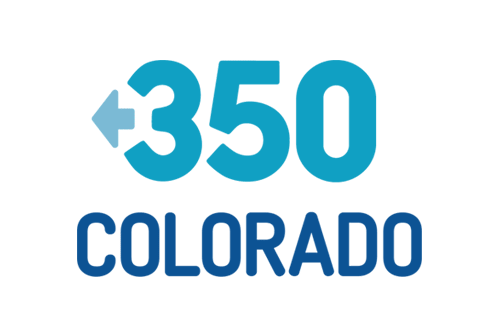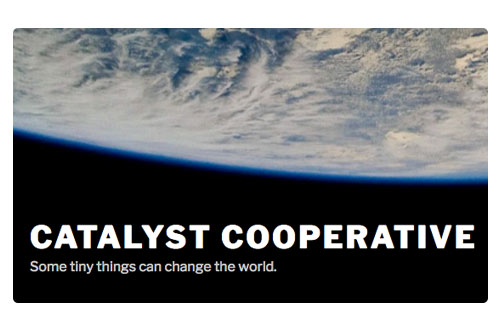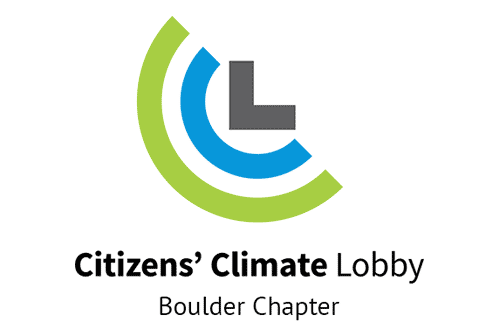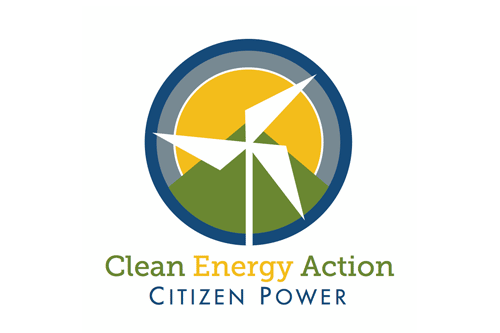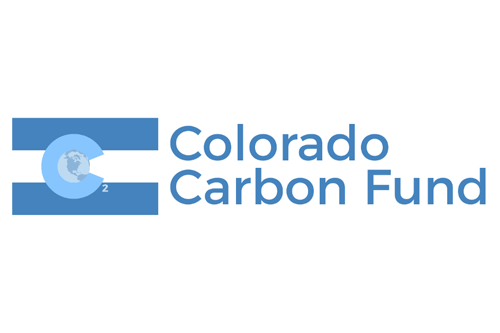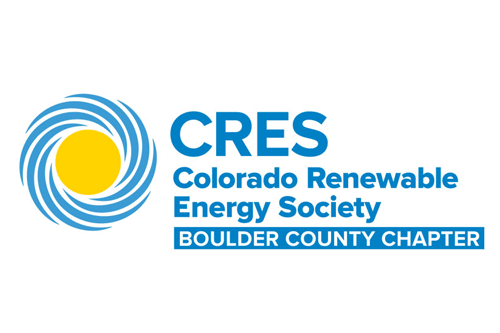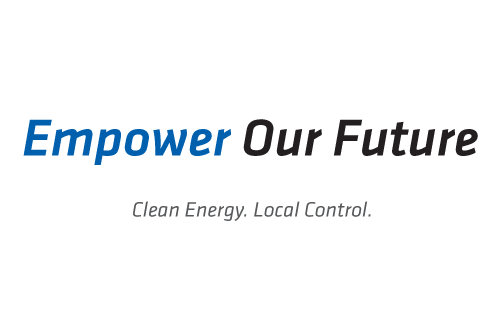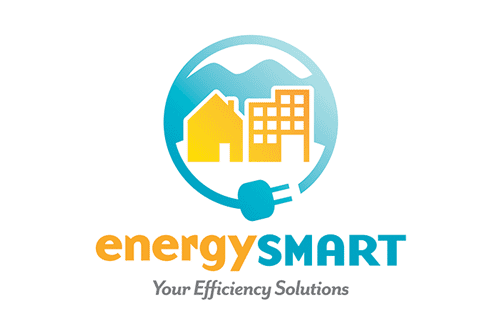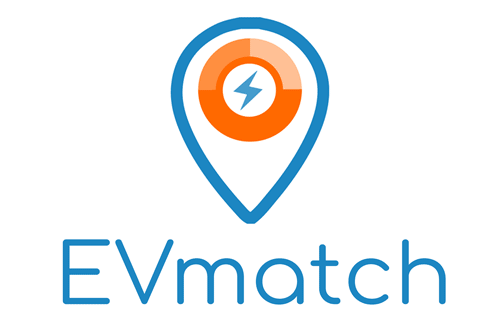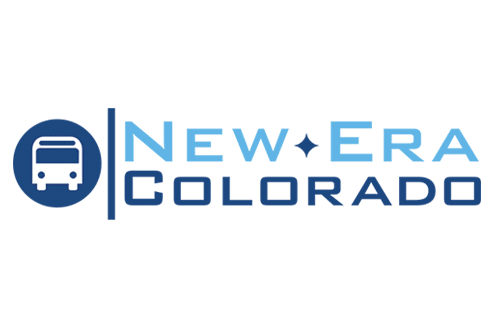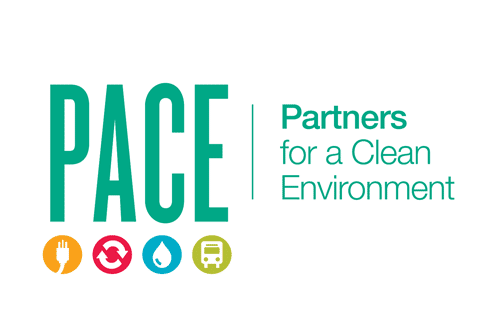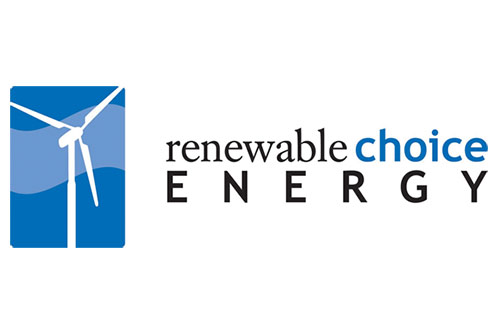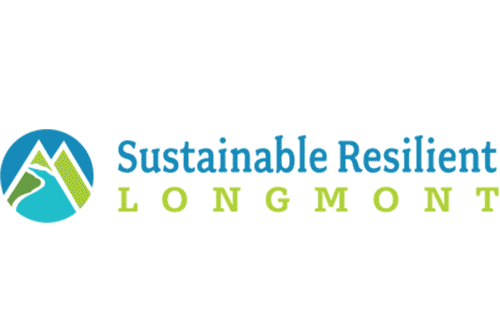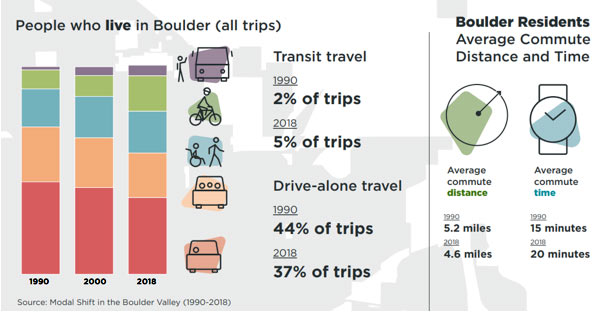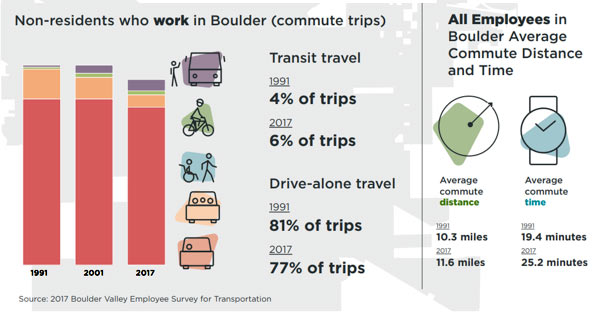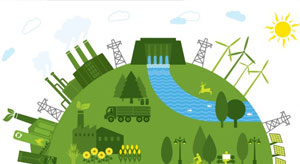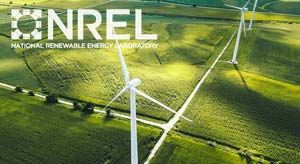

ENERGY
ENERGY SUPPLY
ACHIEVING BOULDER’S 100% CLEAN ENERGY VISION
Greenhouse gas emissions from power generation are one of the leading causes of climate change. That means creating a climate-friendly, renewable energy system is among the greatest and most important challenges in our time. The time is ripe to reimagine the way we generate, buy and sell energy, so that we can lower emissions and costs.
To achieve this, Boulder has embarked on a clean energy transition by committing to power our community with 100 percent renewable electricity by 2030.
The goal is to have a clean, affordable and reliable energy system. To reach our climate goals, we need to change how we produce, manage and use energy by creating energy systems that are clean, affordable and reliable, low-carbon energy future.
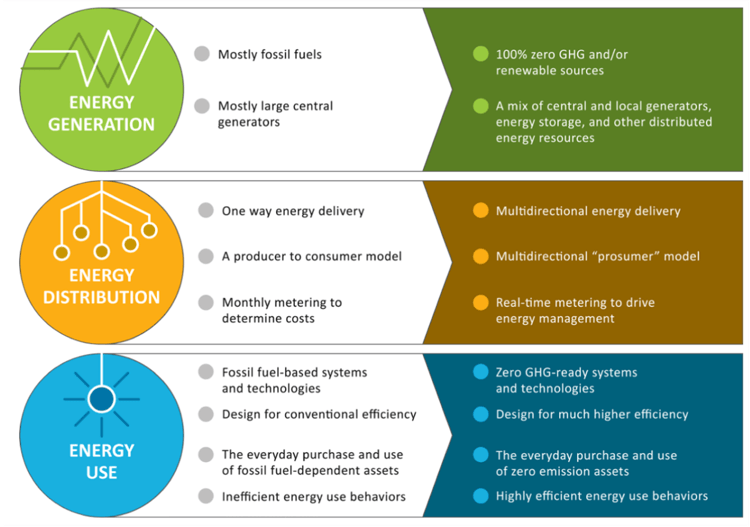

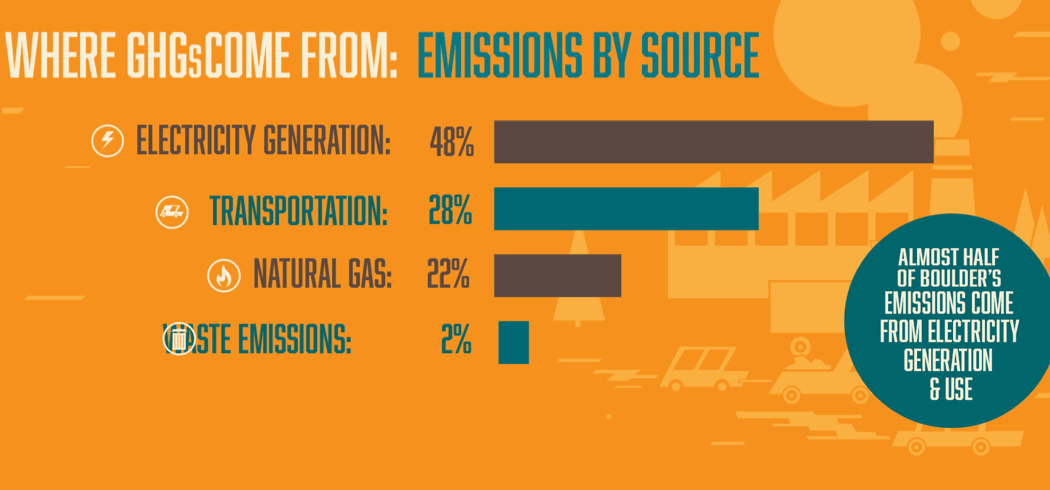

WHERE WE ARE
CLEAN ELECTRICITY SOURCE CHANGE - MAKING THE TRANSITION
Making a transition to renewable energy future will require the rapid transition to 100% renewable electricity as the foundation of this change. This will include ways to:
REDUCE
Reduce the need for additional generation through continued improvements in energy efficiency and productivity
Expansion of energy services
Expansion of on-site solar plus storage
REPLACE
Replace all coal and natural gas electricity generation with renewable energy systems such as solar and wind
Municipalization
Local generation analysis
REDESIGN
Redesign the existing electricity delivery system to make it more reliable, more secure and more supportive of a diverse mix of electricity sources
Nanogrid and microgrid development
Energy resilience capacity building
Piloting new programs and services
GAME CHANGERS
WHAT IF THERE WAS A NEW WAY TO FUND THE TRANSITION?
Example: A financial process that helps accelerate the deployment of more solar and storage on the roofs of homes and businesses.
WHAT IF THERE WAS A NEW POLICY OR REGULATION TO DRIVE THE TRANSITION TO HAPPEN?
Example: A requirement that all Colorado communities can implement microgrids in neighborhoods to manage costs, reduce emissions and enhance reliability and resilience.
Example: A requirement that all Colorado communities can implement microgrids in neighborhoods to manage costs, reduce emissions and enhance reliability and resilience.
WHAT IF THERE WAS A TECHNOLOGY BREAKTHROUGH THAT MADE TRANSITION EASIER AND CHEAPER?
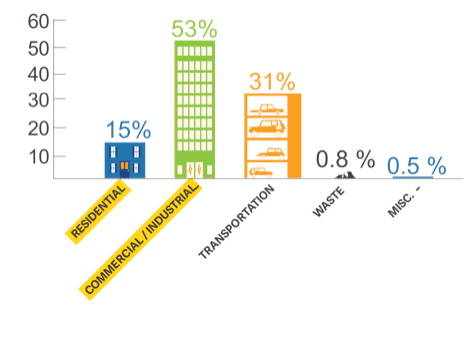

ENERGY
BUILDINGS
HOW WE HEAT, COOL AND USE ENERGY MATTERS
BOULDER’S BUILDINGS TODAY
Two-thirds of the Boulder’s greenhouse gas emissions are associated with these buildings:
• 44,000 homes, apartments, and other residential units
• 3,700 commercial and industrial buildings.
Most commercial buildings and about 80% of residential units rely on natural gas for heating. Even as electricity gets cleaner, buildings will still contribute significant emissions unless we move away from natural gas.
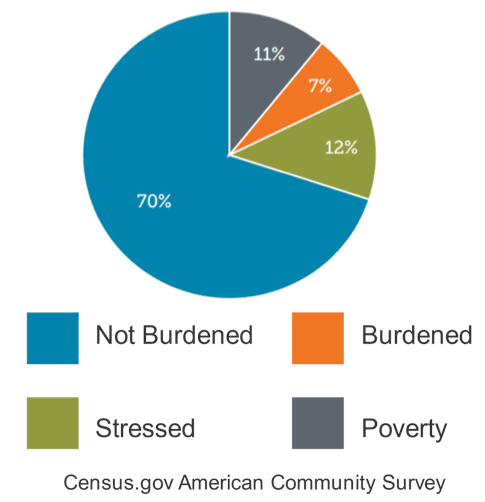

THE COST
As the impacts of climate change are felt in terms of increasing temperature extremes, energy costs and emissions are rising.
Already, nearly 30% of Colorado’s residential households are experiencing some level of financial hardship because of their energy costs. Energy affordability is critical.
WHERE WE ARE
CURRENT GOAL:
BY 2050 ALL BUILDINGS IN BOULDER WILL BE HIGH PERFORMANCE
Having high-performance buildings, means:
• Air-tight and insulated buildings that reduce the need for heating and cooling
• Highly efficient equipment, lighting and appliances
• On-site renewable energy generation and storage where possible
• Smart, automated energy management systems that ensure building comfort, efficiency and livability.


SAVING OURSELVES (METRIC) TONS OF EMISSIONS
If natural gas is replaced by renewably generated electricity, community emissions will be reduced by 16%
DID YOU KNOW?
GAME CHANGERS
WHAT IF THERE WAS A NEW WAY TO FUND THE TRANSITION?
Example: A financial process that helps accelerate the deployment of more solar and storage on the roofs of homes and businesses.
WHAT IF THERE WAS A NEW POLICY OR REGULATION TO DRIVE THE TRANSITION TO HAPPEN?
Example: A requirement that all Colorado communities can implement microgrids in neighborhoods to manage costs, reduce emissions and enhance reliability and resilience.
Example: A requirement that all Colorado communities can implement microgrids in neighborhoods to manage costs, reduce emissions and enhance reliability and resilience.
WHAT IF THERE WAS A TECHNOLOGY BREAKTHROUGH THAT MADE TRANSITION EASIER AND CHEAPER?
ENERGY
MOBILITY
MAKING SMART CHOICES IN HOW WE GET AROUND
HOW WE MOVE TODAY
There are over 63,000 registered vehicles in Boulder. Tens of thousands of additional vehicles enter and depart from Boulder every day, carrying employees, students, goods and visitors.
28% OF THE CITY’S EMISSIONS COME FROM GROUND TRANSPORTATION
Boulder has one of the highest per capita percentages of hybrid and electric vehicle (EV) ownership, but we also have one of the highest per capita proportions of SUVs. Boulder’s average fuel efficiency is 21.4 MPG, barely higher than the state average.
WHERE WE ARE
CURRENT GOAL
BY 2050 PEOPLE AND GOODS WILL TRAVEL AROUND BOULDER GENERATING LITTLE OR NO GHG EMISSIONS
This will include walking and biking, as well as shared transportation like transit, car share, van pools and e-bikes. The personal and work vehicles that remain will use clean energy sources, such as renewably produced electricity and alternative fuels like hydrogen.
REDUCE
Create multiple mobility options
Use digital technology to maximize our transportation efficiency
Create incentives to explore new mobility options
Prioritize regional bus rapid transit (BRT) to provide speed and reliability to non-resident employees traveling to Boulder, paired with advanced first- and last-mile options
WHERE WE ARE
REPLACE
Support the adoption of electric vehicles and other non-fossil fuel mobility options for personal vehicles
Catalyze the development of non-fossil fuel transit systems
Shift single-occupancy-vehicle (SOV) trips with the full range of other options (bus, walk, bike, micro-transit, shared rides and transit
REDESIGN
Expand areas using the SUMP principles (Shared, Unbundled, Managed, Paid) to stimulate adoption of high efficiency mobility options
Integrate mobility enhancements in land use planning
Pilot new programs and services such as micro-mobility, micro-transit and smartphone-based integrated traveler information and payment systems
Create more accessible neighborhoods where daily needs can be met with a less than 15-minute walk
GAME CHANGERS
WHAT IF THERE WAS A NEW WAY TO FUND THE TRANSITION?
Example: A vehicle miles traveled fee that replaces or supplements the gas tax by charging for the use of the road system.
WHAT IF THERE WAS A NEW POLICY OR REGULATION TO DRIVE THE TRANSITION TO HAPPEN?
Example: A carbon tax program that incentivizes alternative and clean mobility choices.
Example: Next generation high-speed transit and autonomous vehicles.
WHAT IF THERE WAS A TECHNOLOGY BREAKTHROUGH THAT MADE TRANSITION EASIER AND CHEAPER?
